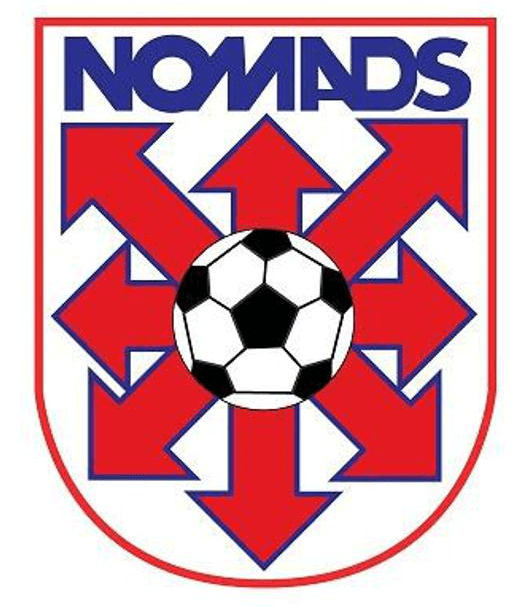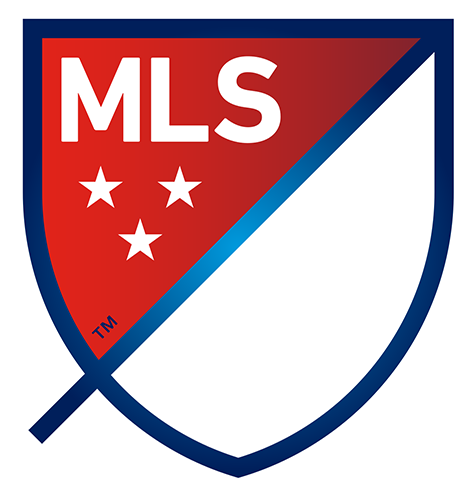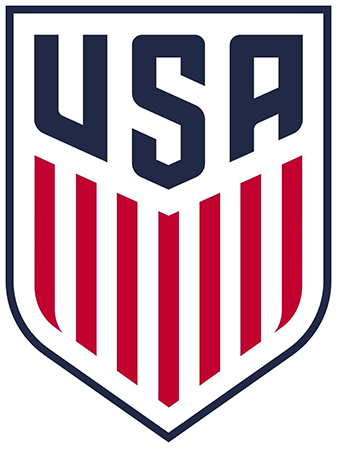
Born in a country with a fiery passion for soccer, Derek Armstrong’s relationship with the sport has been evident and present at every point in his life. Experiencing success as a player on the pitch only added to his love for the beautiful game, so Armstrong put his effort into coaching the next generations instead of walking away entirely.
He received his first exposure to “life on the sidelines” as a player-manager with the Northern Premier League’s Fleetwood in 1968. In just his third season at the helm, Armstrong took a club that was devoid of success and led them to a long-awaited League Challenge Cup Title. Like any coach with as much experience and success as Armstrong, his services were always in high demand. He left Fleetwood after five seasons and offered his expertise to seven other clubs, headlined by Blackpool FC and Notts County F.C., before leaving his rain-filled home of England behind.
In 1981, after having moved to the States the year prior, Armstrong left Ohio for the sunny locale of Southern California, home of the La Jolla Nomads. For a man with as much knowledge of the game as he had, it was no surprise that Armstrong became the first paid youth soccer coach in the country.
Even though he left England behind, Armstrong made sure to bring a piece of it with him on his new endeavor. He instilled a clear, decisive plan that the La Jolla Nomads would be a real organization. Every player who put on a Nomad jersey was going to be trained to play the same way, with every coach holding those training sessions sharing a similar vision.
Most would assume that anyone moving abroad might experience some struggles as they encounter completely new terrain — and they would normally be correct. Armstrong proved to be the exception. In 1982, just his second year with the club, he led the 19U Boys to the National Championship. It was an uphill battle with the game being played on turf, as the Nomads had never seen such a field. Even though they fell to Annandale (VA), Armstrong used that loss as a motivational factor to get back to the National Championship every year.
He may not have known it immediately after experiencing the agony of defeat, but that match in 1982 would jump-start the Nomads having one of the most successful runs in youth soccer history. They were crowned National Champions in 1989 after a thrilling, come from behind 5-4 win that saw the Nomads score four unanswered goals. With Armstrong still on the sidelines, they claimed the 1996 (16U Boys), 1997 (17U Boys), and 1999 (19U Boys) National Championships — good for an incredible and unprecedented three titles in four years.
Even though the taste of winning never dissipates, Armstrong found a different, but familiar challenge to focus his efforts on. He had an idea of unionizing with other coaches across the country to further build on progressing the game and putting an emphasis on club autonomy, education and coaching. US Youth Soccer, in 2000, was completely volunteer based and couldn’t provide such a framework. So Armstrong, after meeting with five other coaches, was determined to go to the federation and highlight the changes that needed to be made, as well as express displeasure with the direction of soccer in America.
His point was clearly well received, as the National Association of Soccer Clubs (NASC) was formed the following year. However, as with any new organization, there were struggles in the early moments. The NASC was instructed that 43 states had to become National Associations to give US Youth Soccer competition in programing progress.
Armstrong spent the next year leading the NASC and never straying from his initial goal: growing the game. Ultimately, the NASC rebranded as US Club, and Armstrong relinquished his leadership role as it was hindering the amount of time he could allocate to the Nomads. Armstrong eventually resigned altogether in 2009, as US Club’s vision differed from the one he initially had. Armstrong did not intend for there to be a competition for players amongst organizations, but solely a new channel for soccer to progress in a different way than what USYS was focusing on. In that regard, he was wildly successful.
Armstrong continues working with the Nomads now, but with a different title: Director of Coaching.












